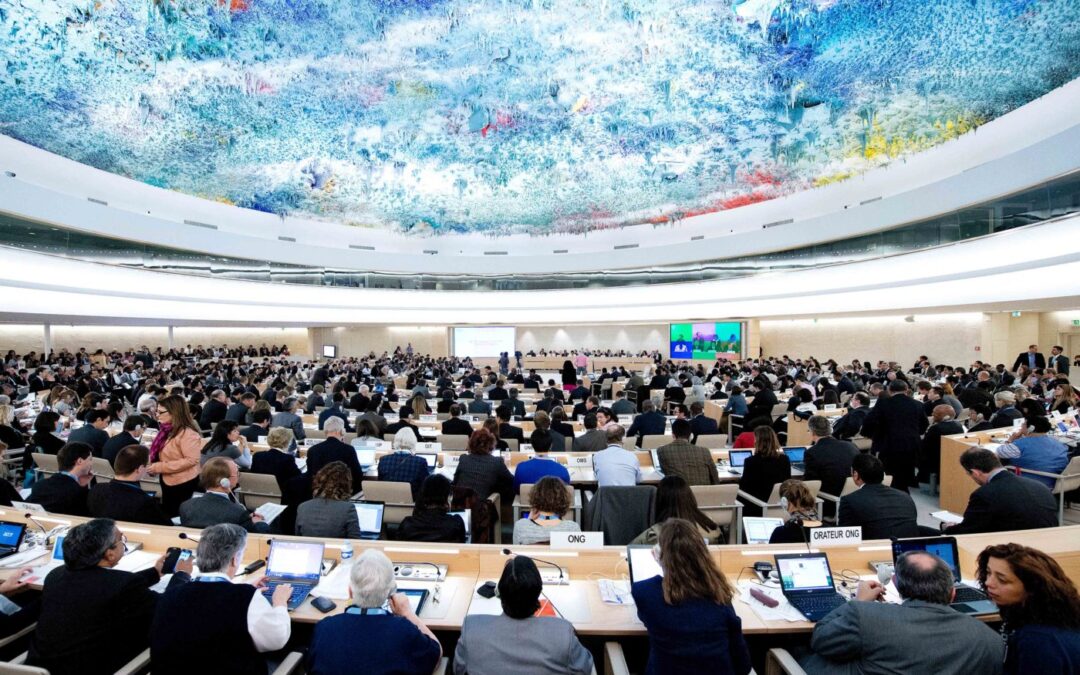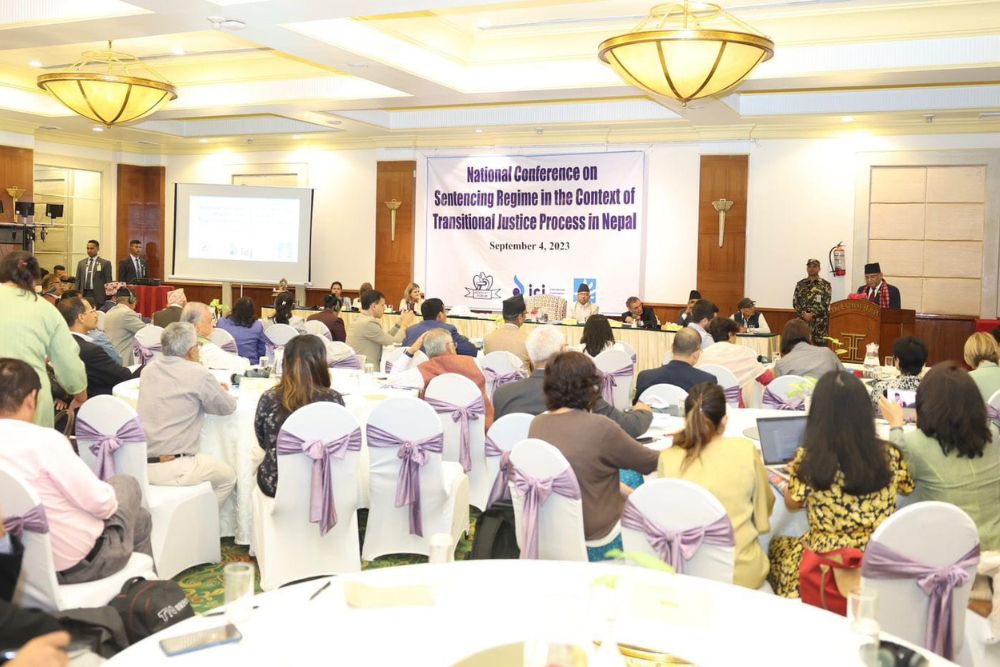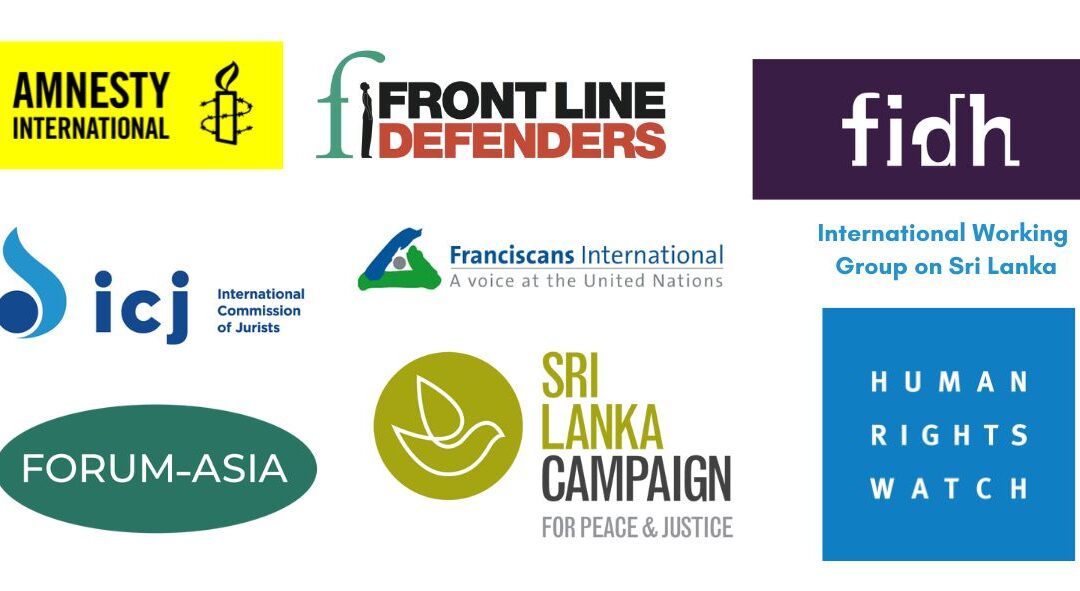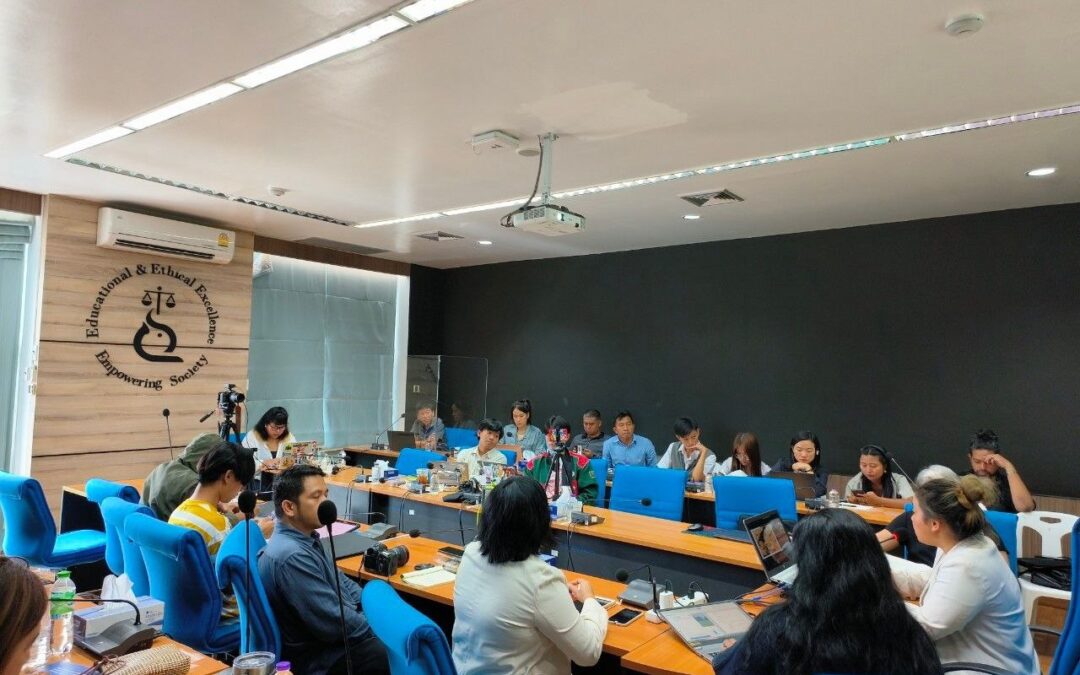
Sep 11, 2023 | Advocacy, News
The UN Human Rights Council (HRC) convened today in Geneva for the start of its 54th session. The ICJ delivered statements on three situations in which gross and systematic violations of human rights are committed: Myanmar, Sri Lanka and Afghanistan. These situations require sustained attention by the international community, including within the HRC, and more robust measures to ensure accountability for these violations, some of which are likely to constitute crimes under international law.

Sep 7, 2023 | News
At a National Conference organized on 4 September by the International Commission of Jurists (ICJ) in collaboration with Advocacy Forum, Nepal’s Prime Minister Pushpa Kamal Dahal (Prachanda) committed his government to establishing a credible and effective transitional justice process and to ensuring that proposed legislation was amended to make it fit for the purpose.

Sep 4, 2023 | News
We, nine international human rights organizations, have grave reservations about the Sri Lankan government’s proposed National Unity and Reconciliation Commission. Our concerns echo many of those already raised by victims of conflict-related abuses and their families. Sri Lanka has a long history of convening similar bodies, none of which has provided justice, truth or reparation to the many people who have engaged with them. The latest initiative risks repeating the mistakes of the past, exposing victims to renewed security threats and re-traumatization without any realistic chance of a different outcome. There have not been any genuine confidence-building measures, or steps to ensure a safe and conducive environment for such a commission to function effectively.

Aug 16, 2023 | Advocacy, News
Hold Thai companies accountable for wrongdoing outside the country’s borders,” urged participants at a dialogue co-hosted by the International Commission of Jurists (ICJ) on 8 June 2023 at Chiang Mai University

Aug 5, 2023 | Advocacy, News
The International Commission of Jurists (ICJ) and 18 other organizations call on Vietnam’s Ministry of Information and Communication to reconsider the fatally flawed draft Decree 72/2013/ND-CP, that, if adopted, would mandate real identity registration for all social media accounts accessible in Vietnam.








